Maintaining Precision: Top 5 Signs Your CNC Machine Needs Attention
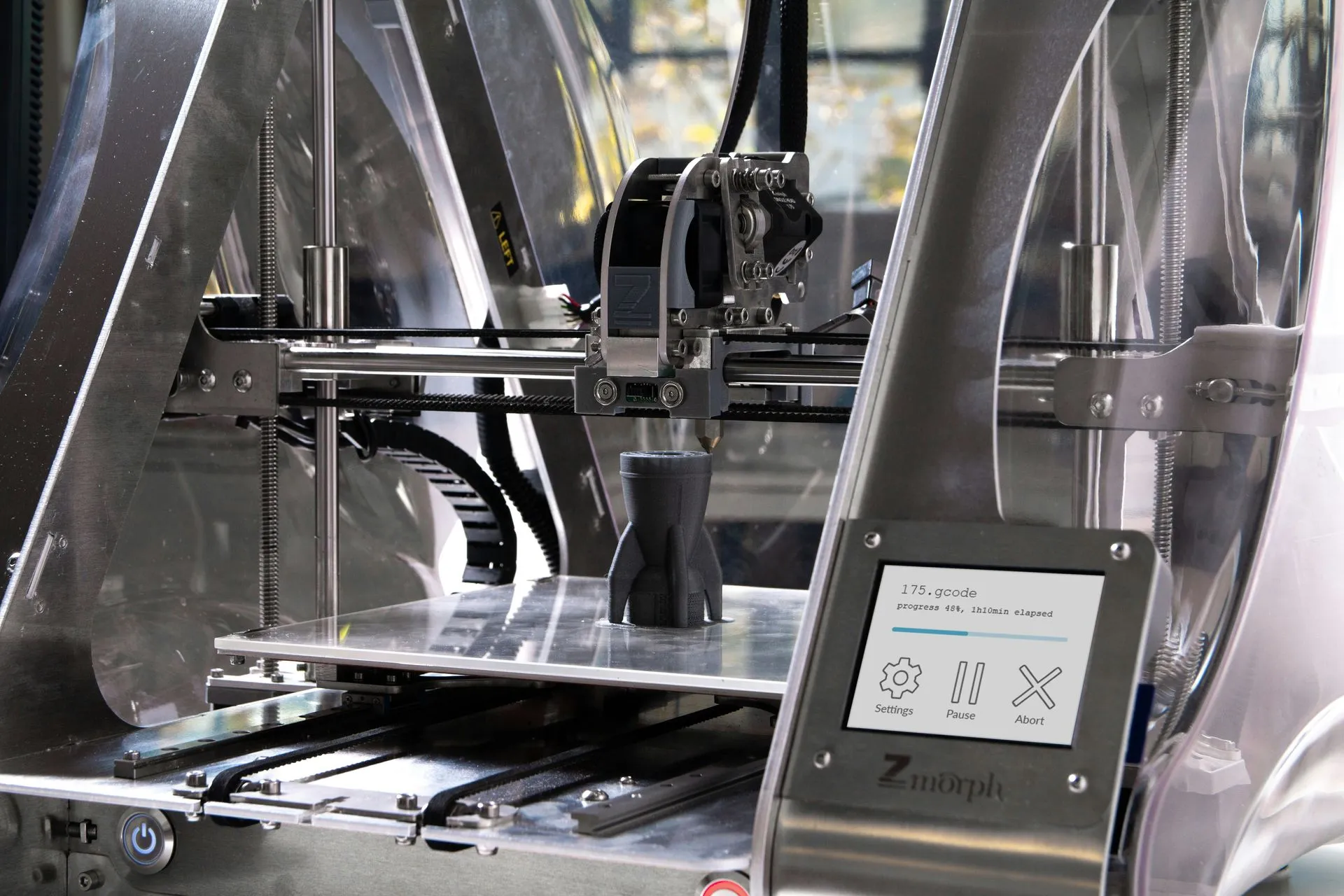
Computer Numerical Control (CNC) machines are the backbone of modern manufacturing, offering unparalleled precision and efficiency. However, like any sophisticated equipment, they require regular maintenance to perform at their best. Ignoring the warning signs of wear and tear can lead to costly downtime, expensive repairs, and compromised product quality. Here are the top five warning signs your CNC machine needs maintenance.
1. Unusual Noises
Unusual noises are among the earliest and most noticeable signs that your CNC machine requires maintenance. Grinding, squealing, or knocking sounds often indicate underlying issues such as worn bearings, loose components, or insufficient lubrication. These noises can disrupt the smooth operation of your machine, leading to inaccurate cuts and potential damage.
What to Do: Regularly listen to your machine during operation. If you detect any unusual sounds, stop the machine immediately and inspect it. Addressing these issues early can prevent more severe damage and costly repairs.
2. Decreased Precision and Accuracy
CNC machines are renowned for their precision. When you start noticing deviations in the accuracy of your cuts or the quality of your finished products, it’s a clear sign that something is amiss. This could be due to misaligned components, worn-out cutting tools, or issues with the machine’s calibration.
What to Do: Perform regular calibration checks and ensure all components are correctly aligned. Replace worn cutting tools and schedule a professional inspection to identify and rectify deeper issues.
3. Increased Vibrations
Excessive vibrations during the operation of your CNC machine can be a red flag. Vibrations can be caused by imbalanced components, loose fixtures, or wear and tear on critical parts. Over time, these vibrations can lead to further mechanical issues and reduced accuracy.
What to Do: Regularly inspect and tighten all fixtures and components. Ensure your machine is properly balanced, and consider using vibration-dampening materials or technologies to mitigate the impact. If vibrations persist, it might be time to call a professional for a thorough check-up.
4. Overheating
CNC machines generate significant heat during operation, but they are designed to manage this heat efficiently. If your machine is overheating, it could indicate a problem with the cooling system, inadequate lubrication, or excessive friction in the moving parts.
What to Do: Regularly check and clean the cooling system, ensuring all fans and filters function correctly. Maintain proper lubrication levels and inspect for any signs of excessive friction. Overheating can cause severe damage to the internal components, so it’s crucial to address this issue promptly.
5. Error Codes and Alarms
Modern CNC machines have diagnostic systems that alert operators to potential issues. Ignoring error codes and alarms is a surefire way to exacerbate problems. These warnings can indicate various issues, from minor faults to major mechanical failures.
What to Do: Never ignore error codes or alarms. Refer to your machine’s manual to understand the specific issue and follow the recommended troubleshooting steps. If you cannot resolve the issue, seek help from a qualified technician.
Regular maintenance is essential to keep your CNC machine running smoothly and efficiently. By paying attention to these top five warning signs—unusual noises, decreased precision, increased vibrations, overheating, and error codes—you can catch problems early and ensure your machine remains in optimal condition. Remember, timely maintenance not only extends the lifespan of your CNC machine but also ensures the quality and consistency of your products, ultimately protecting your bottom line. The CNC doctor is in, and with the proper care, your machine will continue to deliver precision and performance.
Newsletter
Don't miss a thing!
Sign up to receive daily news
Recent Posts
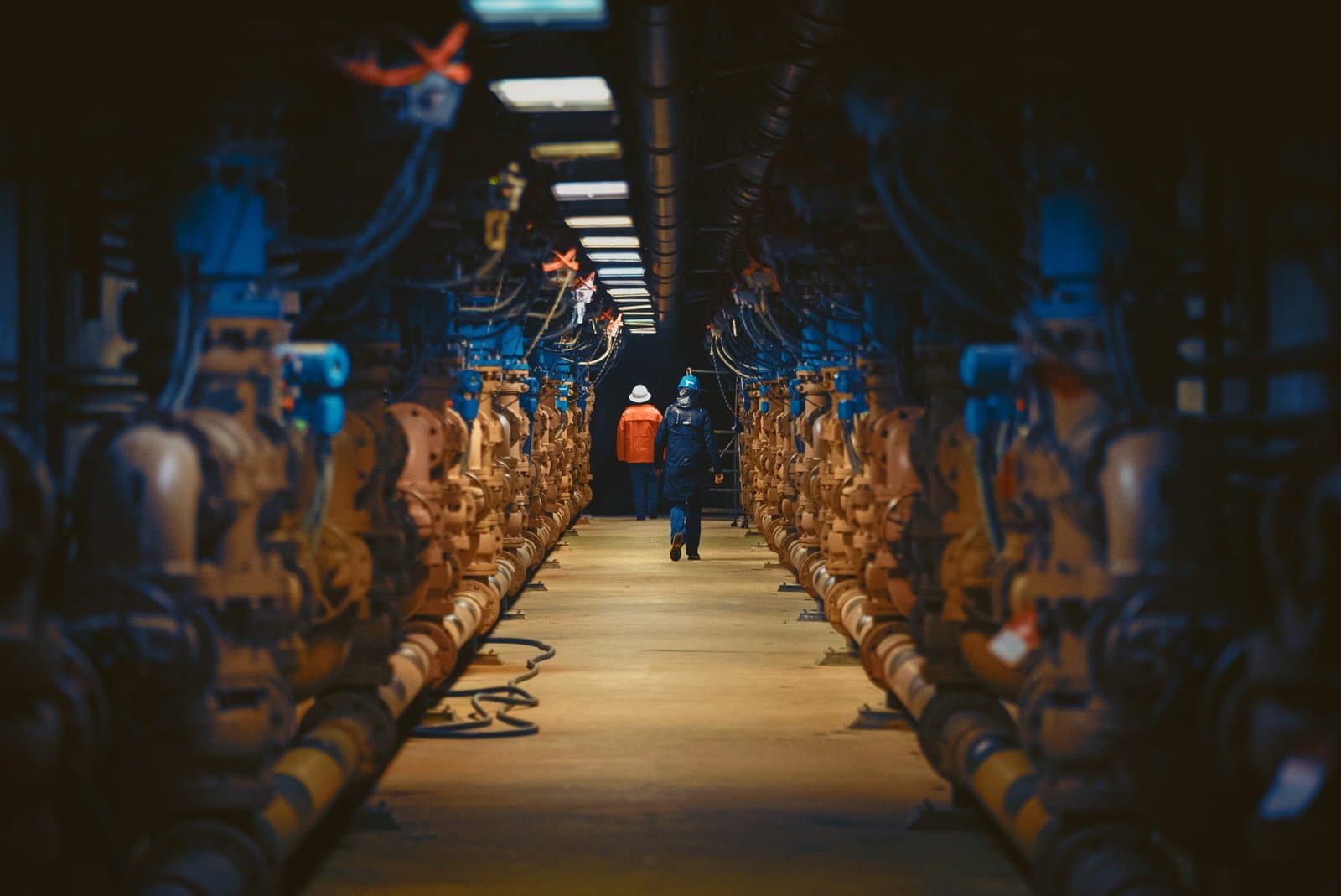
august 30, 2025
Decommissioning a Facility: How to Turn It into a Profitable Venture
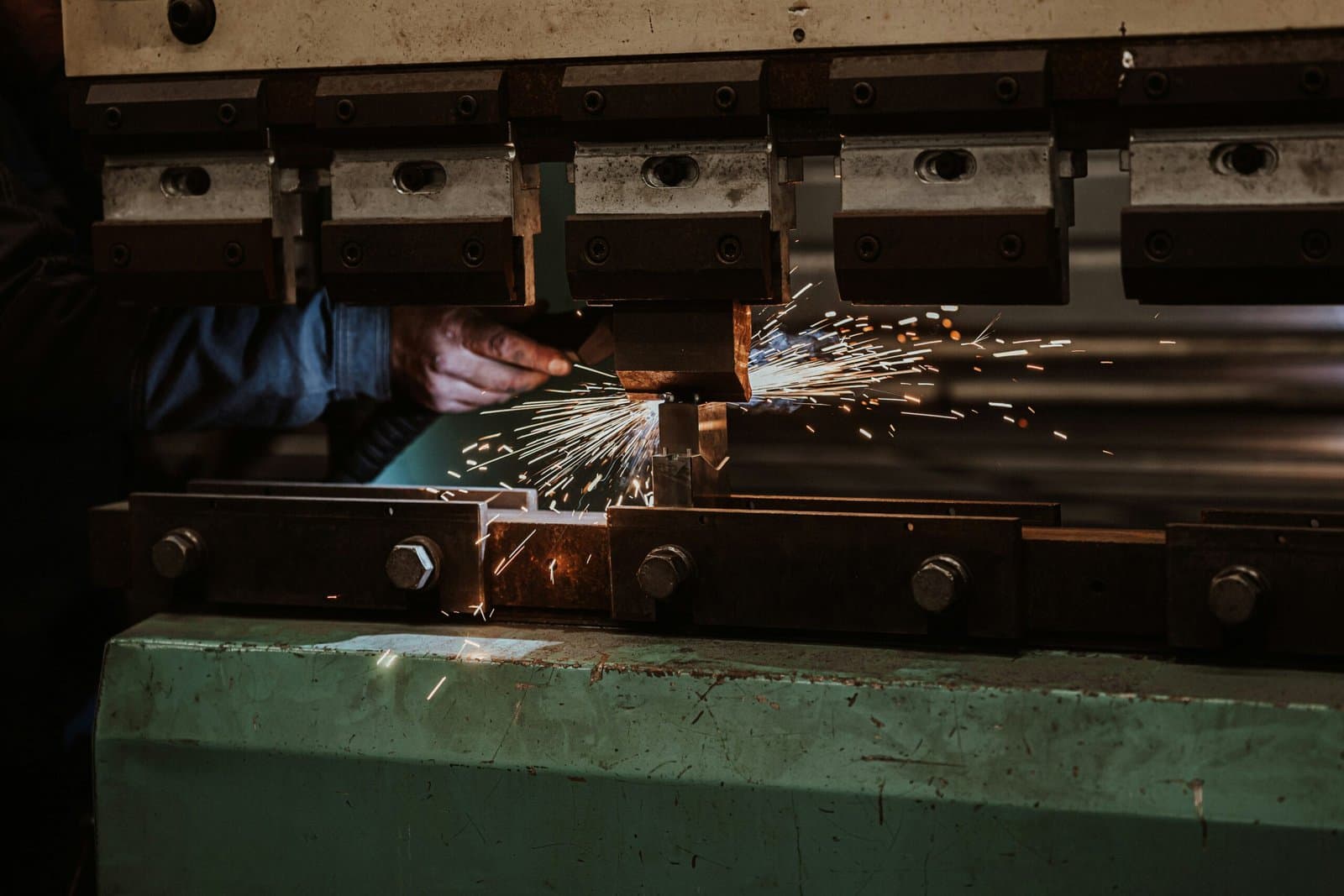
august 25, 2025
Hydraulic Press Maintenance 101
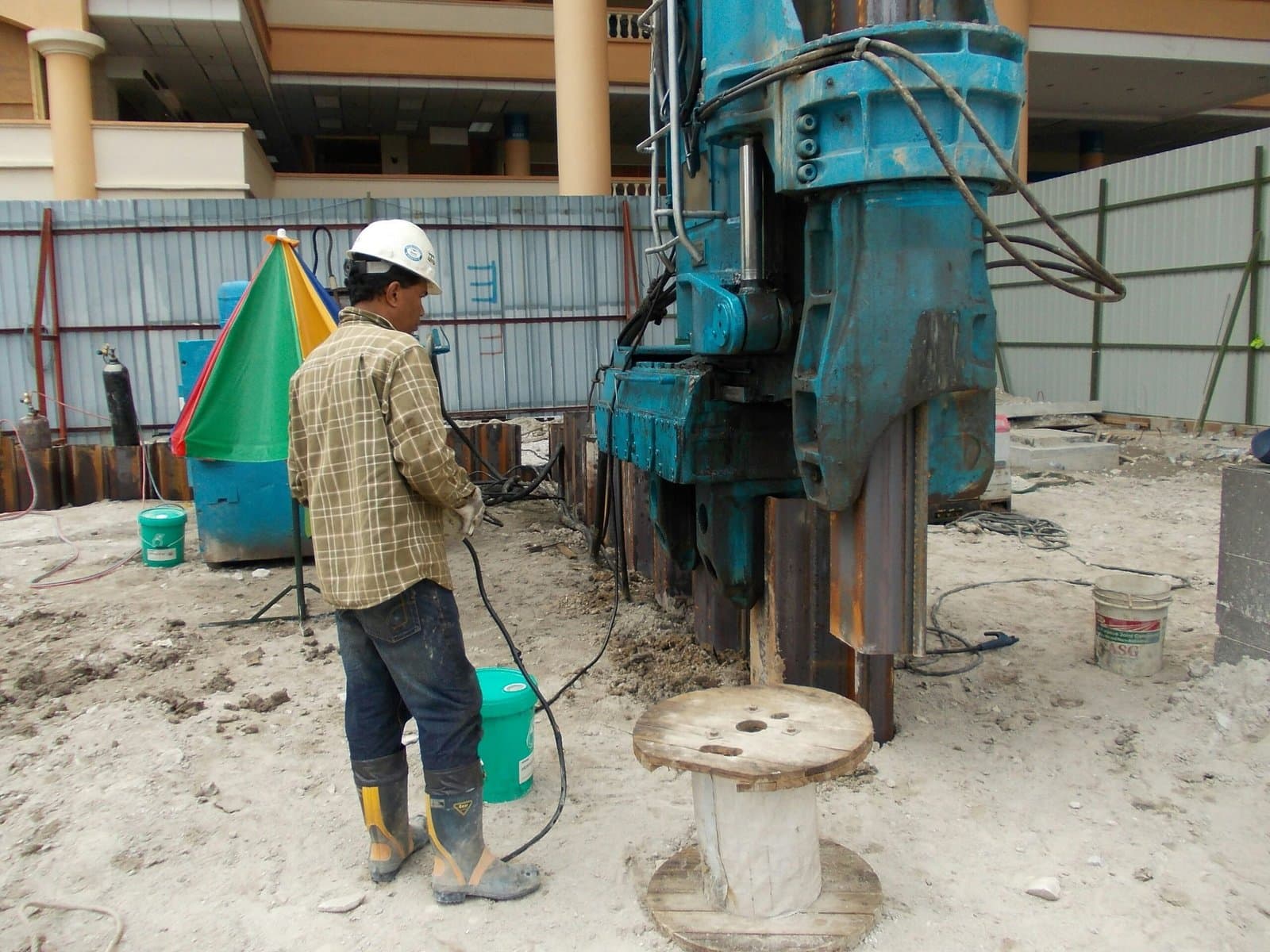
august 18, 2025
Rigging Machinery: The Challenge of Moving and Installing Outdated vs. Modern Equipment
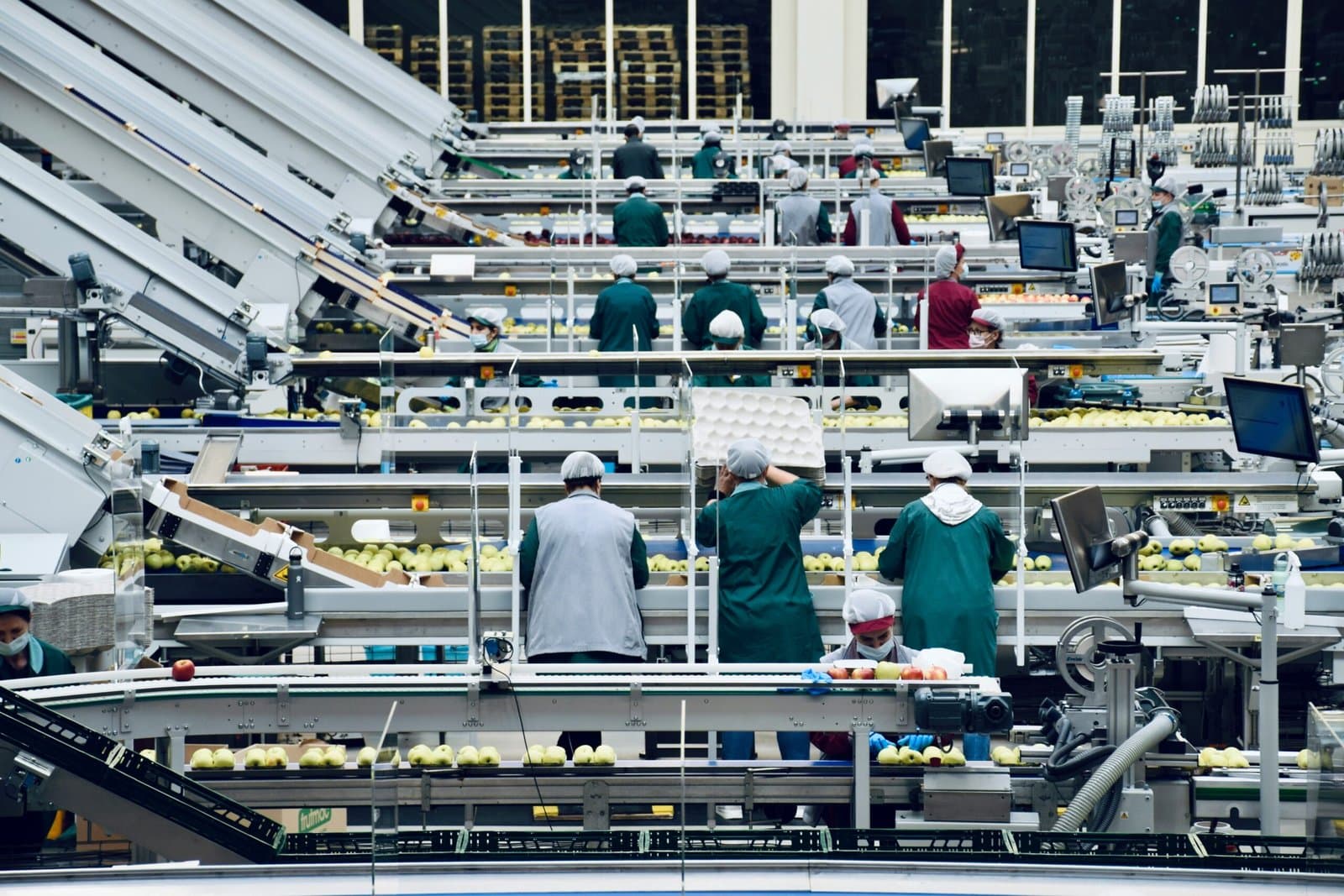
august 16, 2025
Conveyor System Maintenance: 5 Early Warning Signs of Failure
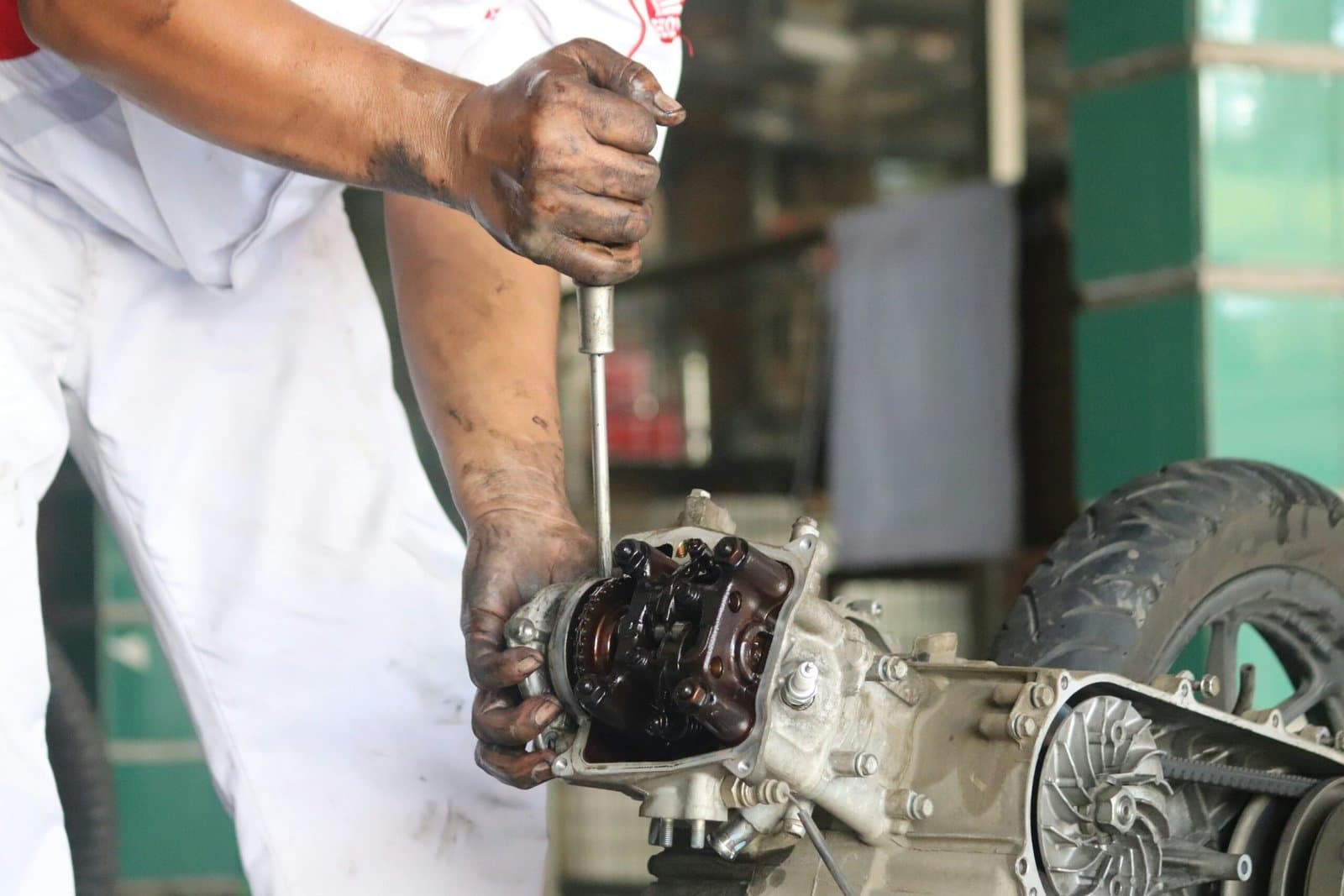
august 14, 2025
Predictive Maintenance: The Smarter Alternative to Costly Reactive Repairs
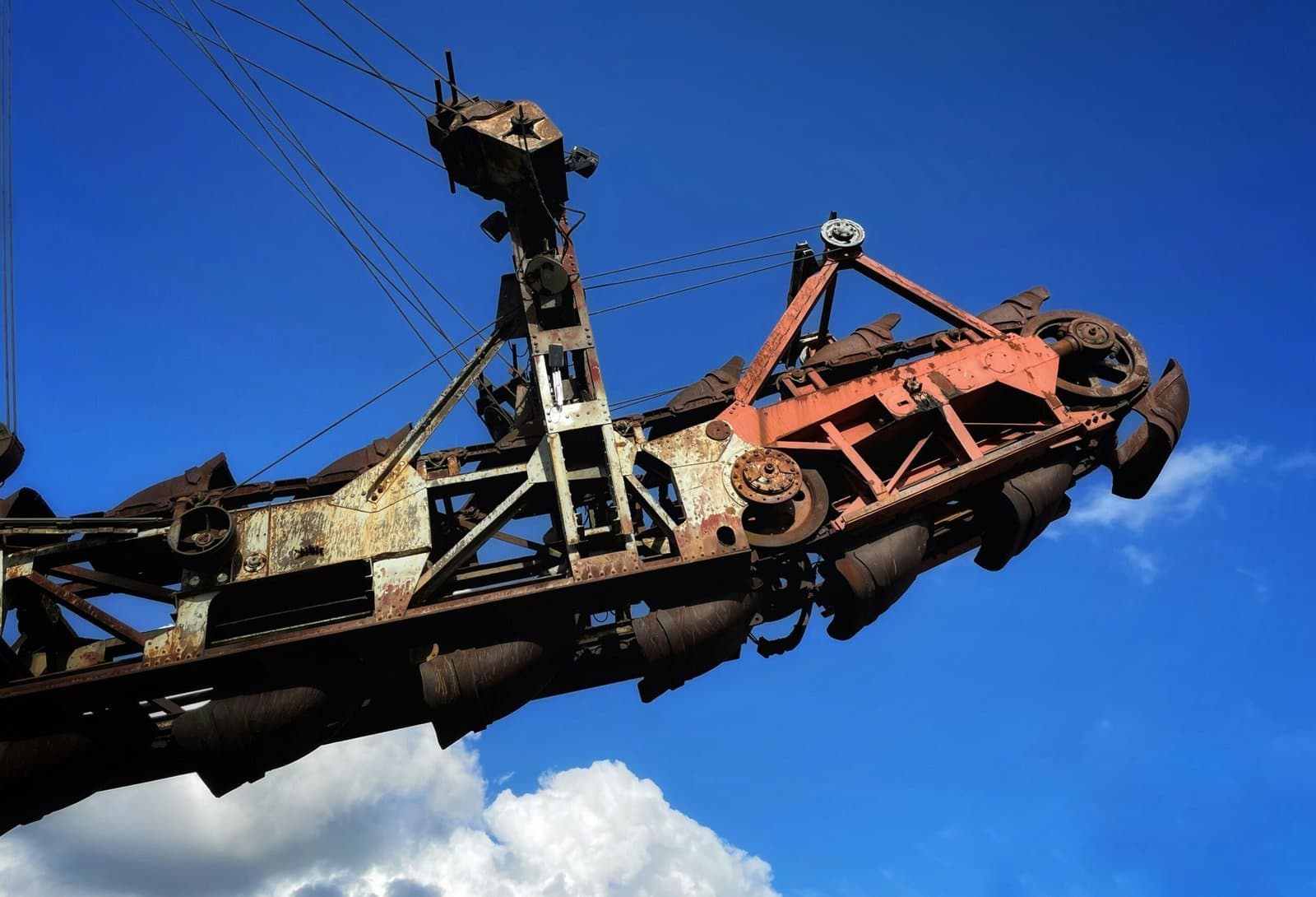
august 11, 2025